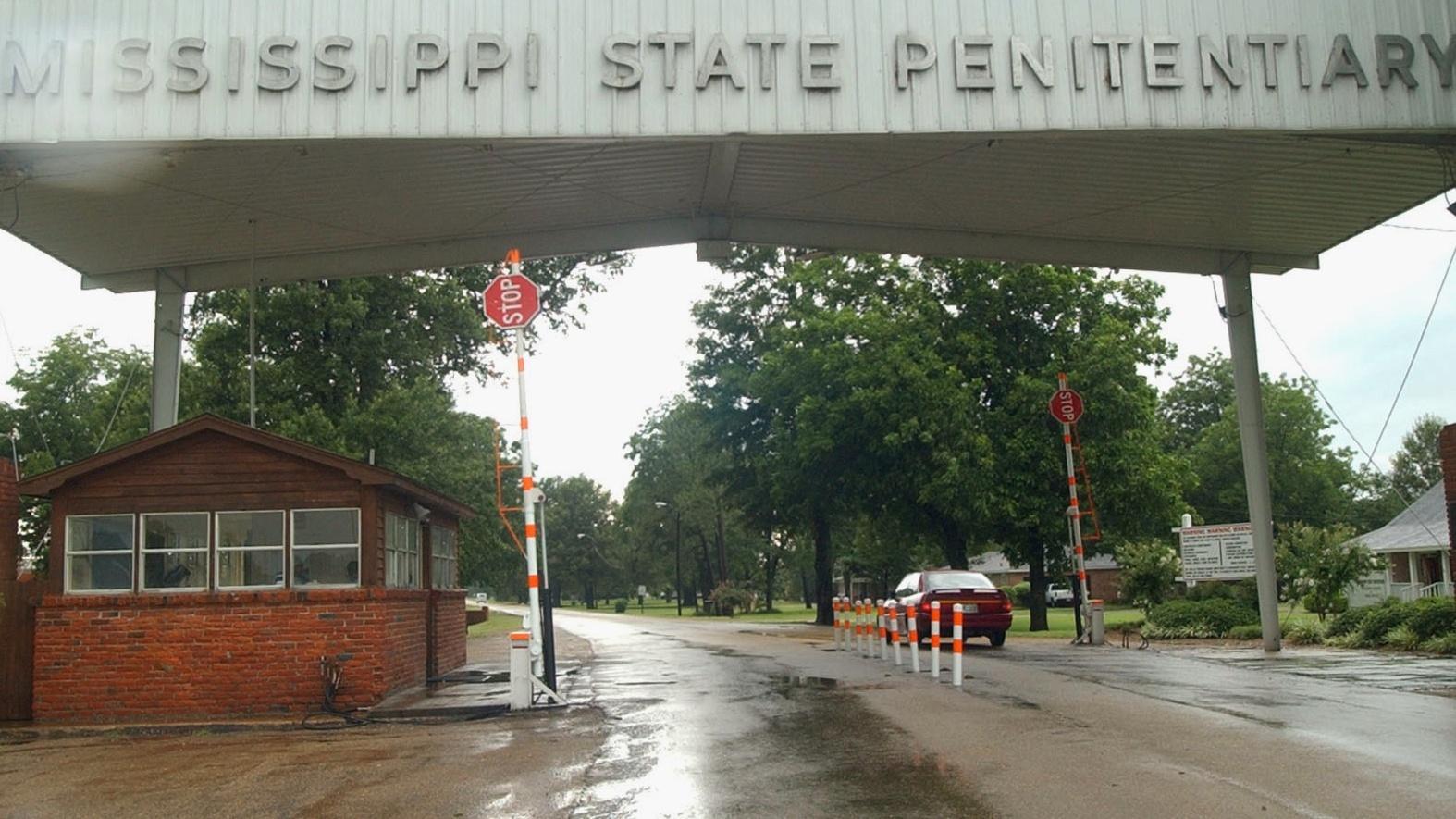A bill that provides medical care to paroled inmates is making its way through the Mississippi legislature. It's modeled after a program in another state.
Bill to create facility for frail parolees in state prisons passes Senate committee


A bill that provides medical care to paroled inmates is making its way through the Mississippi legislature. It's modeled after a program in another state.

LISTEN HERE
Senate Bill 2252 would create a special care facility for parolees from the Mississippi Department of Corrections. The measure would set-up a 60 to 100 bed facility where frail parolees would receive rehabilitation, mental health and medical care. Only non-violent parolees would be eligible and Medicaid would cover the costs. Republican Senator Brice Wiggins of Pascagoula authored the bill.
“The facility that this is modeled after in Connecticut, there’s been millions of millions of dollars of savings to the corrections system and also providing this treatment to the the individuals who are being paroled,” said Wiggins.
Wiggins says MDOC spends about $80 million per year on healthcare. He told the Senate Medicaid Committee there’s a list of eligible conditions to be in the program such as Alzheimer's or a physical disability.
“You know we’ve had a lot of discussions on geriatric parole. This is a way that we can get these folks, these inmates who need this care into a facility that specializes in that,” said Wiggins.
Steve Pickering is executive director of Mississippi Veteran Affairs. He says 7.5 percent of inmates in the state prisons are veterans and they would benefit from the program.
“This potential program would allow us to better serve and make sure what benefits are entitled to our veterans that they are able to receive. Right now when they’re in corrections. It’s a one size fits all solution and the full cost of that is carried by the State of Mississippi,” said Pickering.
The bill would require the state health department to license the facility which could be operated by the state or privately. The Senate Medicaid Committee passed the bill. It now goes before the full Senate for consideration.